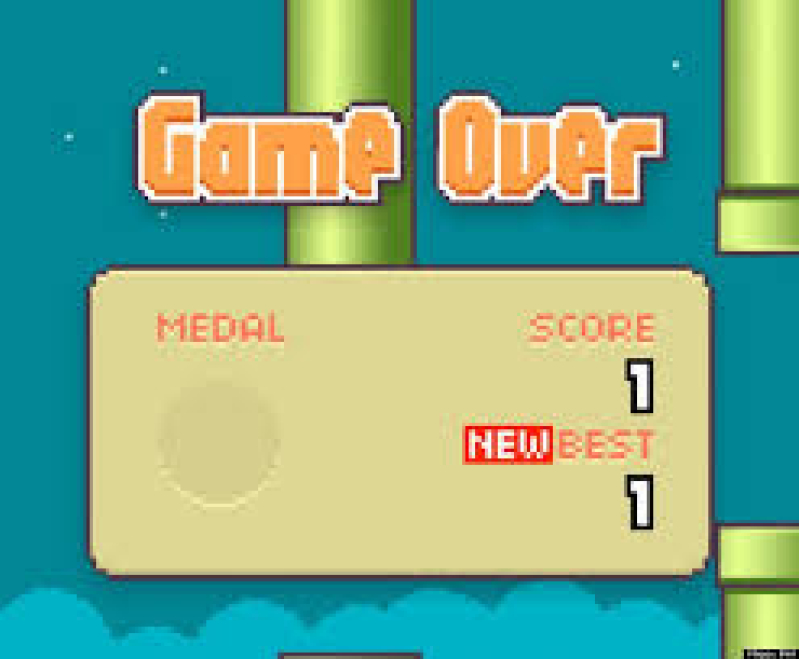
'Flappy Bird' app creator Vietnamese Dong Nguyen tweeted a few hours ago that he's taking down 'Flappy Bird', the No. 1 Apple iOS and Android game, in less than 22 hours from his announcement.
Nguyen tweeted eight hours ago the following messages:
"I am sorry 'Flappy Bird' users, 22 hours from now, I will take 'Flappy Bird' down. I cannot take this anymore.
"It is not anything related to legal issues. I just cannot keep it anymore.
"I also don't sell 'Flappy Bird', please don't ask.
"And I still make games."
Prior to this announcement, Flappy Bird, the latest mobile phone game developed by .Gear, an independent gaming company based in Hanoi, Vietnam has been the No. 1 most downloaded app on the iOS and Google Play in 102 countries- a first for an indie developer.
The concept of Flappy Bird is simple. By tapping the screen, you navigate a bird through an endless series of narrow gaps. For each gap you pass, you get a point. If you miss the gap and crash into the Super Mario-themed pipes, it's game over and your score is recorded. So why is it addicting?
The game is easier said than done. Many players who gave the game a shot (Including me) were baffled once they miss the first gap, finishing the game with zero points. The difficulty of navigating the stone-weighted bird through at least 10 pipes rewards the players with personal satisfaction once they manage to complete such task...until they go on Twitter or Instagram and see that their friends have one-upped them (or beat them by twenty folds). The spirit of competition and the help of social media has helped fuel this new obsession. While most people play Flappy Bird to fill up the few chunks of free time, one game turns into an hour-long tap session with the phone or tablet.
While its addicting qualities are quite noticeable, how the game became one of the most downloaded applications is a mystery due to the fact that it was produced by an independent developer and was released in May 24, 2013 to little or no fanfare. Even the developer admitted that his recent success must have been sheer luck.
"I didn't use any promotion methods," Nguyen said in an interview with Chocolate Lab Apps. "All accounts on Twitter, Facebook and Instagram about Flappy Bird are not mine. The popularity could be my luck."
So how did this game blow up? One user posted on his theory on a blog, that Nguyen could have used bots (fake accounts run by computers) to run up reviews, ratings, and download counts on the app stores. As Flappy Bird soared up the rankings, customers could have taken notice and downloaded the game themselves, thus helping it's promotion.
Other people on Reddit simply believe the game is the brainchild of successful word-to-mouth promotion.
"At first I had thought it had spammed its way up the charts," Reddit user "Skape7" wrote. "But after looking into it, I found that wasn't the case. This was a genuine viral phenomenon."
"Basically, the game passed the bar of being decently made, replayable and easily approachable, which are the minimum set of qualifications for a successful mobile game," another Reddit user named "HPLoveshack" added.







